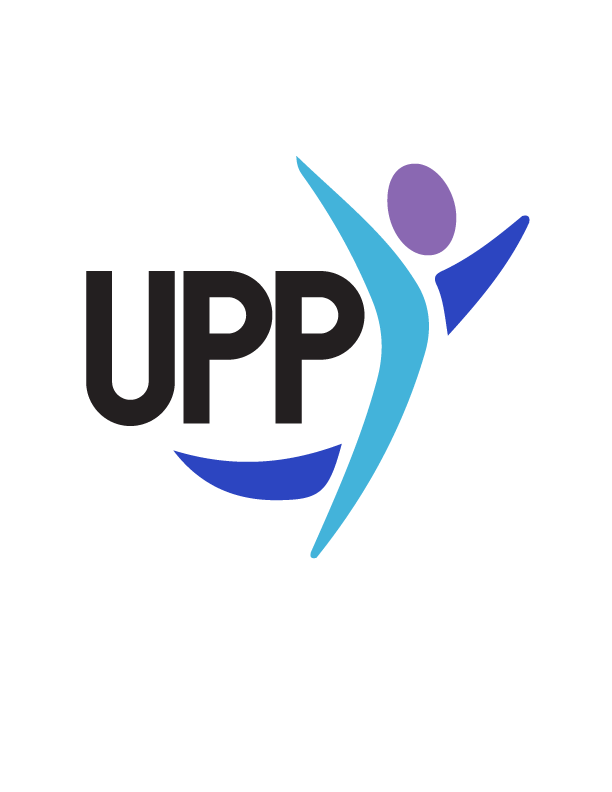Our social connections build our relationships. Our relationships are a sum of the short-term interactions we have with other people. These can either be life-giving, or life depleting (Dr Jane Dutton, University of Michigan).
One social skill to strengthen relationships
Are we close to a tipping point? (Part 1) by Luke McKenna
The Devil is in the Details – System Solutions for Equity, Excellence and Student Well-Being is the latest book written by Michael Fullan, along with co-author, Mary Jean Gallagher.
In the book, published in March of this year, Fullan and Gallagher make a startling prediction, that the human race is getting increasingly close to a tipping point that could go either way: toward flourishing or radical decline. Given the global events that have escalated since that time, it would seem to be very insightful.
The gap between the ‘haves’ and the ‘have nots’ is wider than ever and appears to be growing. “We have evolved to be extremely sensitive to social status. Bigger material differences create bigger social distances between us and add to feelings of superiority and inferiority. As people become more concerned with status they become more out for themselves.” (Wilkinson and Pickett, 2019)
Fullan and Gallagher argue, “We need a new moral imperative “to become better at learning and better at life”.
In “The Devil is in the Details” Fullan and Gallagher observe that “the world is rapidly and increasingly becoming more troubled to the point that literacy, numeracy, high school graduation, and the like may be important foundational goals but are no longer nearly up to the challenges we face. Our students need these foundational goals; however, they also need much more.
Today, I’d like to share with you Part 1 of our solution- our Positive Peer Relationships (for Primary Schools) and Stronger Connections (for Secondary Schools) student workshops.
Why?
For the human race to move towards flourishing, we need to move:
From social isolation, to socialisation...
From social distancing, to social connectedness...
From text messaging and online interaction to real world, face to face relationships...
From division and difference, to interconnectedness and equality...
From putting others down, to rising by lifting others.
Below is some of the rationale I’ve curated from the existing body of research, which testifies to the fact that these skills are critical in order for our world to move toward flourishing, rather than decline.
Social connection- More than wealth, intelligence or extracurricular activity, social connection was the strongest predictor of:
Academic performance;
Wellbeing;
Long-term career performance.(Achor, S. Big Potential, Random House, London, 2018.)
Some consequences of good social skills for students include:
Positive and safe school environment.
Child resiliency in the face of future crises or other stressful life events.
Students who seek appropriate and safe avenues for aggression and frustration.
Children who take personal responsibility for promoting school safety.
(Source: http://www.naspcenter.org/factsheets/socialskills_fs.html)
Furthermore, a lack of quality relationships is associated with:
early death, heart disease, stroke and dementia
depression, anxiety
sleep and immunity problems
anti-social behaviour
(Source: https://positiveorgs.bus.umich.edu/articles/high-quality-connections/)
Students with poor social skills have been shown to:
Experience difficulties in interpersonal relationships with parents, teachers, and peers.
Evoke highly negative responses from others that lead to high levels of peer rejection. Peer rejection has been linked on several occasions with school violence.
Show signs of depression, aggression and anxiety.
Demonstrate poor academic performance as an indirect consequence.
Show a higher incidence of involvement in the criminal justice system as adults.
(Source: http://www.naspcenter.org/factsheets/socialskills_fs.html)
Our relationships are a sum of our short-term interactions we have with other people. These can either be life-giving, or life depleting (Dr Jane Dutton, University of Michigan).
Our Positive Peer Relationships (for Primary Schools) and Stronger Connections (for Secondary Schools)student workshops are about building personal and social skills to enhance the quantity and quality of our interpersonal interactions.
As well as giving us better personal outcomes in our lives, high quality relationships also lead to better professional outcomes. There is evidence showing an increasing demand for social skills over the past several decades. There has been strong relative employment and wage growth for social skill–intensive occupations between 1980 and 2012. Social skills were a much stronger predictor of employment and wages for young adults age 25 to 33 in the mid-2000s, compared to the 1980s and 1990s. (Deming, 2017) High-paying jobs increasingly require social skills. While some skills and tasks can be completed by computers and automation, social interaction has—at least so far—proven difficult to automate. https://academic.oup.com/qje/article/132/4/1593/3861633#173484799
If you’re interested in having our Positive Peer Relationships (for Primary Schools) and Stronger Connections (for Secondary Schools) student workshops as part of your solution, contact us and we’ll talk with you about the best plan for this at your school.
